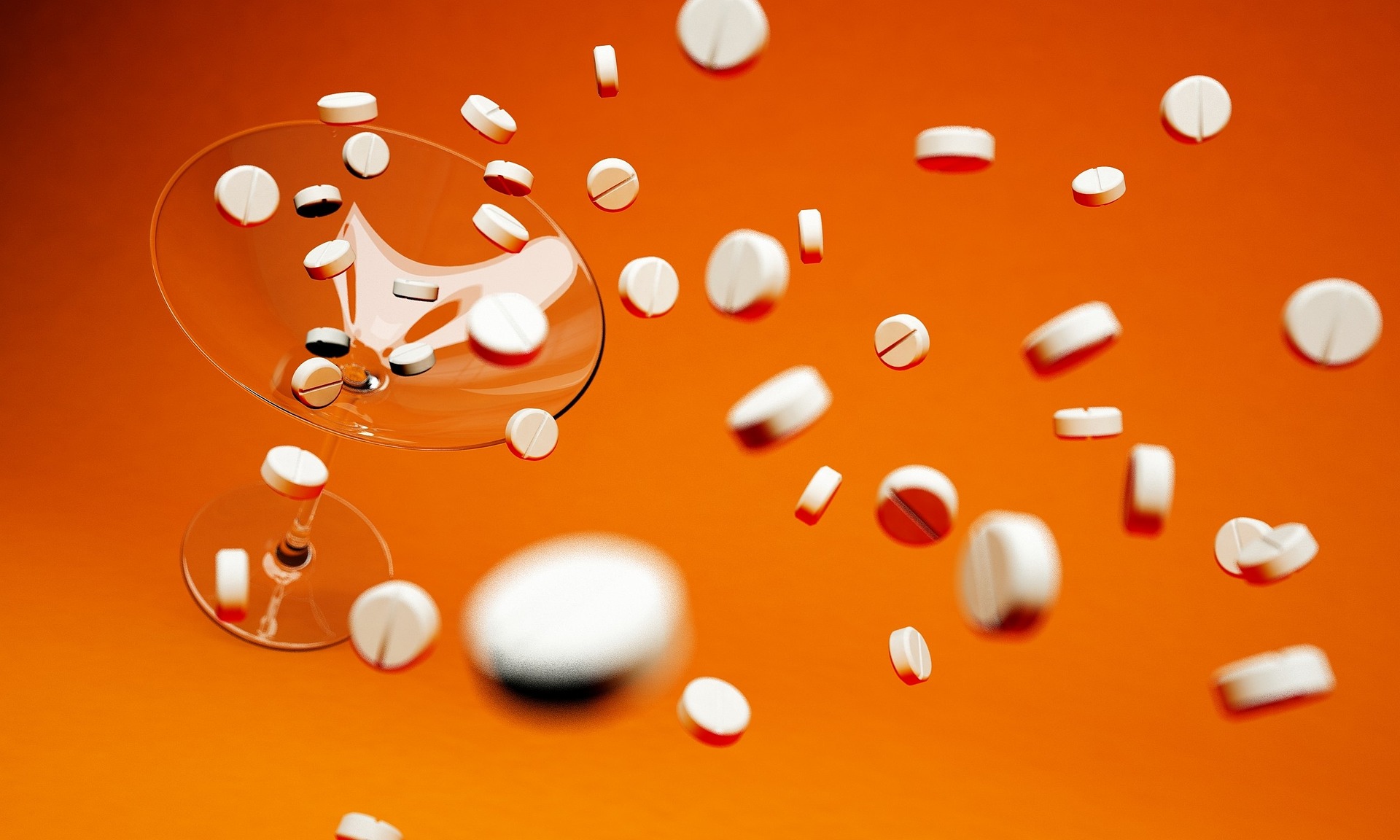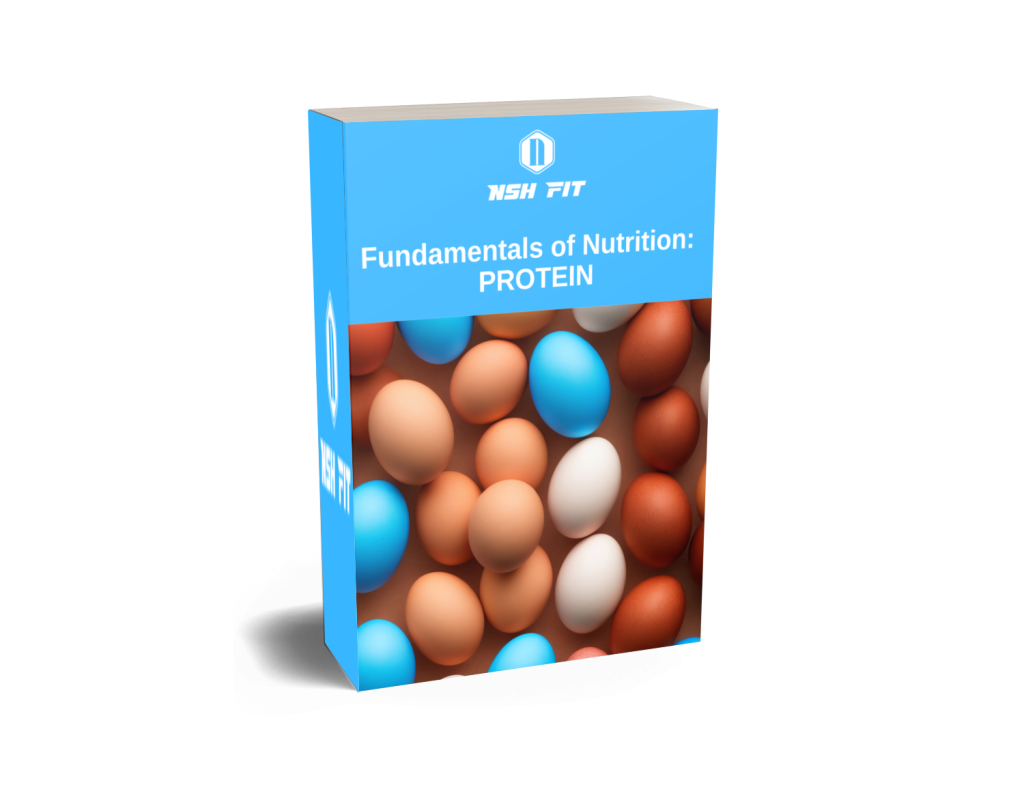Which supplements should you use to get the fastest and best results? In the world of fitness, supplements are always promoted to have almost steroid-like effects that supposedly “enhance” your performance, help you lose fat, build muscle, etc.
But what are supplements really and which are the products that are proven to work?
In this article, we are going to shed some light on the most effective supplements you can add to your nutrition plan, so without further ado, let’s get to it!
Stimulation & Recovery
When it comes to training, there are two primary things that happen – First, you go through your workout, where you engage your muscles and nervous system, along with many other bodily systems.
After that period of stimulation, comes the recovery part, where all the components and systems that worked, recover and increase their working capacity.
Here are the most crucial things that happen during a workout
- Muscle protein breakdown
During heavy workouts, we break down muscle protein, in a process called “muscle protein breakdown (MPD)”.
After your training session is over, that same muscle protein starts recovering in a process called “muscle protein synthesis (MPS)”
When your rate of MPS is greater than the rate of MPD, you go through a successful recovery phase that results in greater strength and size of the musculature.
- Creatine breakdown
The main energy molecule for the body during high-intensity activities is adenosine triphosphate (ATP).
However, due to the fact that ATP stores are relatively limited, intense training quickly exhausts those reserves.
To continue muscular activity, the body restores ATP by using the secondary muscle energy stores – Creatine.
That is to say that creatine isn’t just a supplement, but a naturally synthesized compound which serves as an alternative energy source.
- Nervous System Activity
High-intensity workouts highly engage not just the muscles, but the nervous system as well.
A well-activated central nervous system would allow you to achieve a greater strength output.
There are certain supplements you can use to improve the activity of your nervous system, so keep reading to learn more!
What Is A Supplement, Even?
Nowadays, supplements are advertised as magical products that can somehow compensate for the lack of discipline in your training and nutrition.
However, supplements don’t work like magic.
By definition, a supplement is a thing, added to something else in order to enhance or complete it.
In other words, supplements are added to your already well established nutrition plan, to complete it- Not to replace something that lacks in it.
The 3 Supplements To Take
In the context of improving athletic output (strength, endurance, etc.) and recovery after that, there are a couple of supplements that are proven to work.
- Protein supplements
Contrary to popular belief, protein supplements contain pretty much the same protein as that in foods.
However, in its powdered form, protein is more isolated and can be digested more rapidly, due to the absence of other ingredients.
Protein supplements can be a viable tool to help you derive a solid dose of protein quickly, at a time of need, such as after a workout.
Even more so, a scoop of protein can grant the body enough protein, at a moment when you don’t have the time for a full meal.
Additionally, there is another variation of protein supplements called “casein”.
In essence, casein is a protein that digests slowly and can be used before bedtime.
Without a doubt, protein is one of the most viable supplements that will help you keep up the rate of muscle protein synthesis and thus, improve gains in the long term.
- Creatine
This second supplement on the list is one of the most researched and proven to work products out there in the fitness world. As we already mentioned, creatine is the body’s natural, secondary energy reserve.
The best-known and proven to work form of creatine is creatine monohydrate, which can be supplemented with just 5 grams a day.
This amount will help you saturate your muscles’ creatine reserves and thus, improve maximum strength, along with strength endurance.
Looking to maximize your output and blast through your plateaus? Take some creatine.
- Caffeine
There are days when you just DON’T feel like working out and we’ve all experienced that.
Caffeine however is one of the best stimulants, proven to enhance and improve your athletic output, as well as mental clarity and focus.
This ingredient is used in a variety of pre-workout boosters, but can also be found in your everyday coffee or energy drinks.
Don’t forget though, caffeine is safe up to 300-400 mg per day and needs some time to kick in and then, get out of your system.
For this reason, it is recommended that you consume your caffeine ~30 minutes before a workout and not less than 6 hours before sleep (otherwise, sleeping pattern may be disrupted).
Conclusion
Unfortunately, supplements are not the magic they are often promoted to be, however, they can still be made a viable addition to your nutrition plan.
As far as effectiveness goes, protein, creatine and caffeine are the 3 most potent supplements that any generally healthy personal can add to their nutrition plan
All 3 of these supplements will improve your training output and recovery, leading to better gains overtime.
You may also like this one:
Nutrition For Fitness-What Truly Matters



